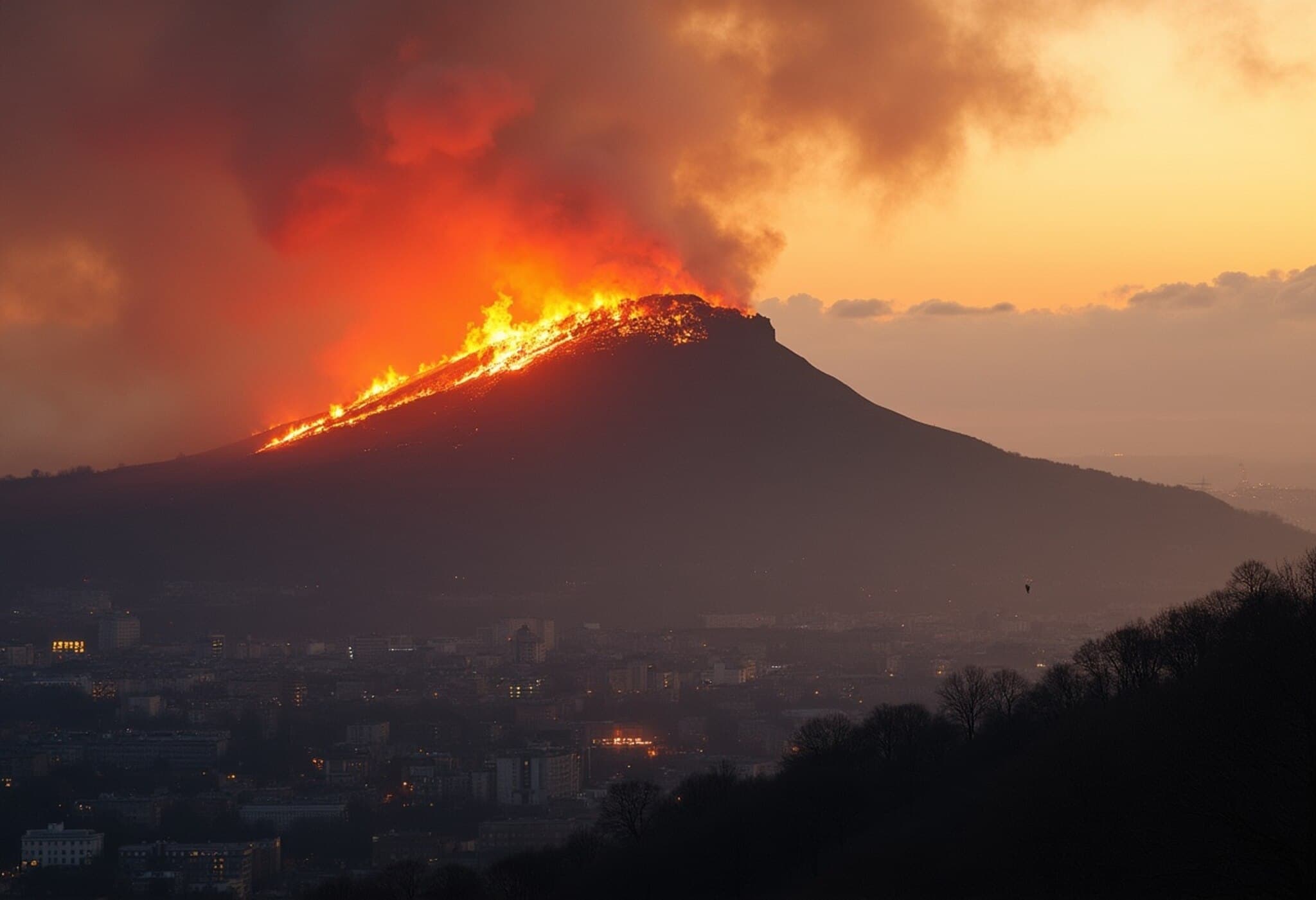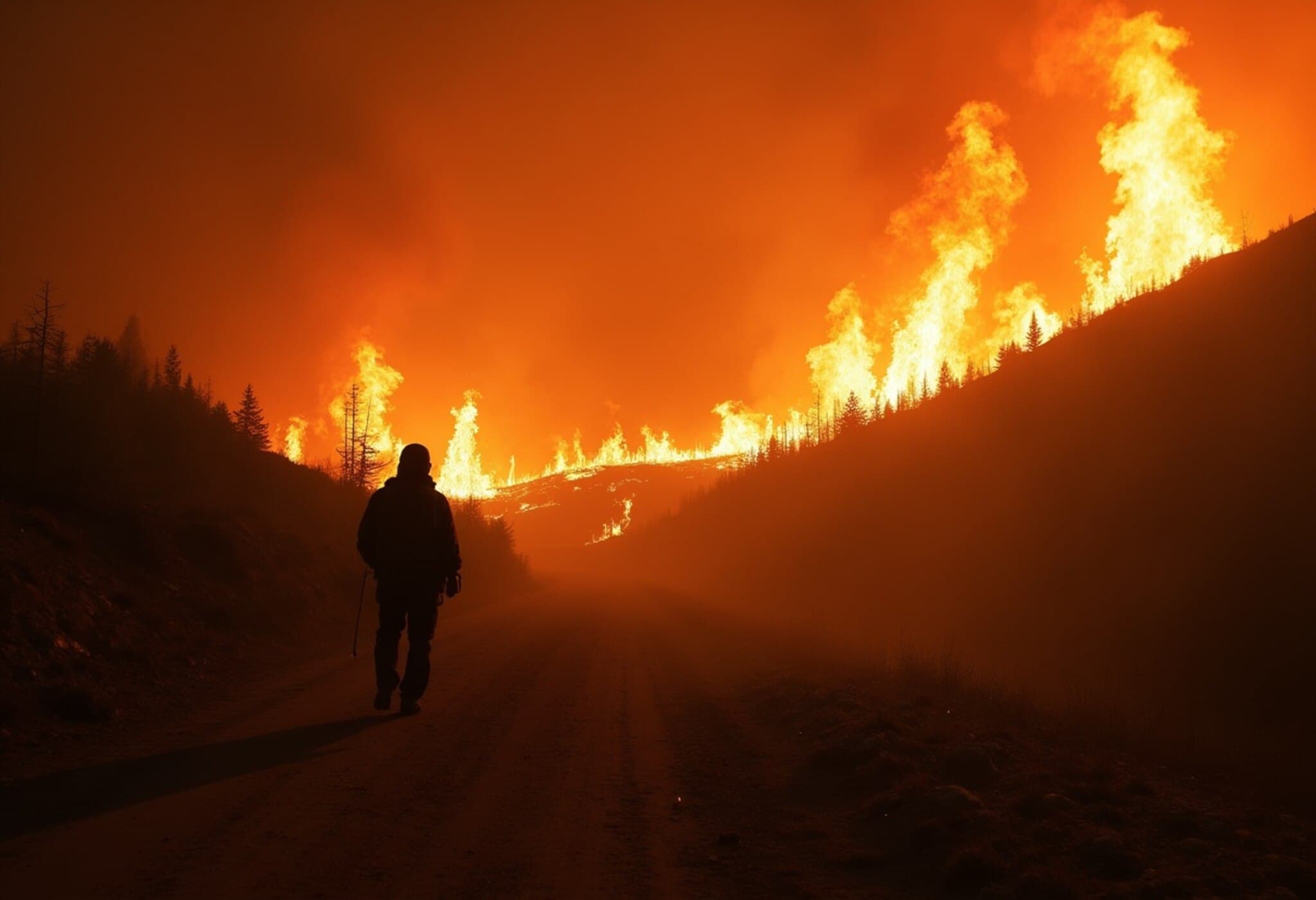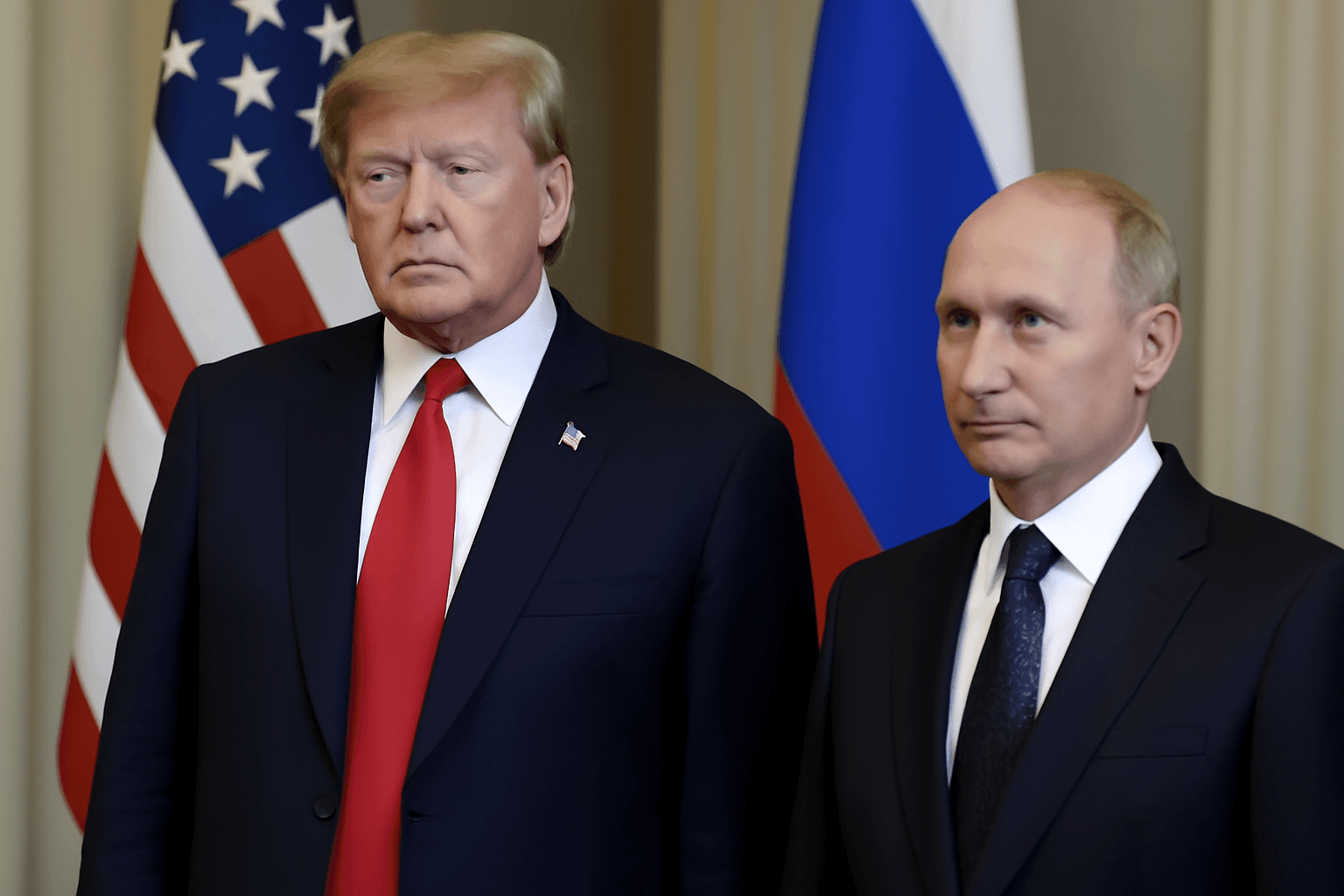China Accused of Fueling Illegal Gold Mining Across Multiple Nations
A recent investigation sheds light on a burgeoning network of China-led illegal gold mining operations spreading across at least 15 gold-rich countries, including Indonesia. These clandestine syndicates have transformed traditional small-scale mining into expansive, mechanized enterprises, raising alarms about rampant corruption, environmental devastation, and geopolitical instability.
Surging Gold Demand and Its Unintended Consequences
China’s strategic accumulation of gold reserves, a deliberate move to diversify away from reliance on the U.S. dollar, has triggered a spike in demand. This appetite for gold has led to the escalation of illicit mining activities, particularly in countries like Indonesia where regulatory oversight remains weak.
Transforming Local Mining Landscapes – The Human and Environmental Costs
Once modest artisanal mines — often family-run and low-impact — have been overtaken by syndicates operating under Chinese leadership in regions such as West Kalimantan and West Nusa Tenggara. These groups deploy heavy industrial machinery and hazardous chemical processes like cyanide and mercury leaching, frequently operating without permits or safety measures.
Local communities endure the brunt of this illicit industry. Land contamination and polluted water supplies have led to health crises and the destruction of vital farmland. In Lombok’s Sekotong district, for example, Chinese investors reportedly profited over $5.5 million monthly from illegal operations until villagers took matters into their own hands — setting fire to the site in August 2024 — prompting government intervention.
Legal Battles Highlight Deep-Rooted Challenges
The complexities of combating these operations are evident in the case of Yu Hao, a Chinese national apprehended for unauthorized mining in Ketapang, West Kalimantan. His enterprise allegedly circumvented the law through shell companies and forged paperwork, extracting an estimated $67 million in gold and silver illegally. Although initially sentenced to prison, a controversial local court overturned the conviction, only for Indonesia’s Supreme Court to reinstate the ruling amid public backlash.
Global Implications: Environmental Degradation and Supply Chain Vulnerabilities
Environmental experts warn that the unchecked use of toxic chemicals has led to widespread ecological harm — contaminating water systems, degrading soil quality, and endangering public health. These outcomes persist largely due to corruption and the influence wielded by well-funded foreign syndicates, often undermining local governance and rule of law.
From a global economic perspective, these illicit networks frequently exploit dormant mining licenses, bribe officials, and operate across provinces, intertwining with transnational smuggling and money laundering rings. Analysts estimate the illegal gold trade to be a $30 billion-a-year shadow economy, creating vulnerabilities in the global gold supply chain and tarnishing legitimate markets with so-called 'conflict gold.'
Calls for Multilateral Cooperation Amid Chinese Non-Engagement
Despite widespread international concern, China has notably refrained from participating in multilateral initiatives aimed at regulating illegal gold trade flows. Its opaque gold import policies compound difficulties in tracing illicit gold, jeopardizing efforts to establish transparent, responsible supply chains.
Policy experts argue that only coordinated global strategies involving source countries, transit states, and consuming markets can effectively dismantle these mining mafias and safeguard both environmental and human rights.
Expert Insight: The American Context and Broader Economic Stakes
From a U.S. perspective, reliance on gold as a strategic asset makes it imperative to ensure sourcing is ethical and free from taint. The infiltration of illegally mined gold into the global market can compromise American companies' supply chains, risking reputational damage and financial penalties under regulations such as the Dodd-Frank Act and forthcoming SEC rules on conflict minerals.
The escalating environmental damage also raises broader questions about global climate commitments, particularly as mining operations contribute to deforestation, biodiversity loss, and greenhouse gas emissions.
Summary: Navigating a Complex, High-Stakes Landscape
- China’s illegal gold mining syndicates are disrupting traditional mining sectors in multiple countries, particularly Indonesia.
- Widespread corruption and weak governance allow dangerous mining practices to flourish, harming communities and ecosystems.
- Legal systems struggle to contain these operations amid international smuggling and money laundering networks.
- China’s non-engagement in regulatory efforts exacerbates global challenges in ensuring supply chain integrity.
- Multilateral cooperation and stricter enforcement are crucial for curbing environmental destruction and illicit profits.
Editor’s Note
The investigation into China’s role in illegal gold mining goes beyond environmental damage, raising urgent questions about global governance, economic justice, and geopolitical power dynamics. Readers should consider how the international community can balance economic interests with ethical imperatives, and what responsibilities consuming nations bear in preventing the flow of illicit gold. As mining mafias expand, so too does the need for robust transparency and accountability mechanisms — a challenge that demands urgent, informed dialogue among policymakers, industry leaders, and civil society.















